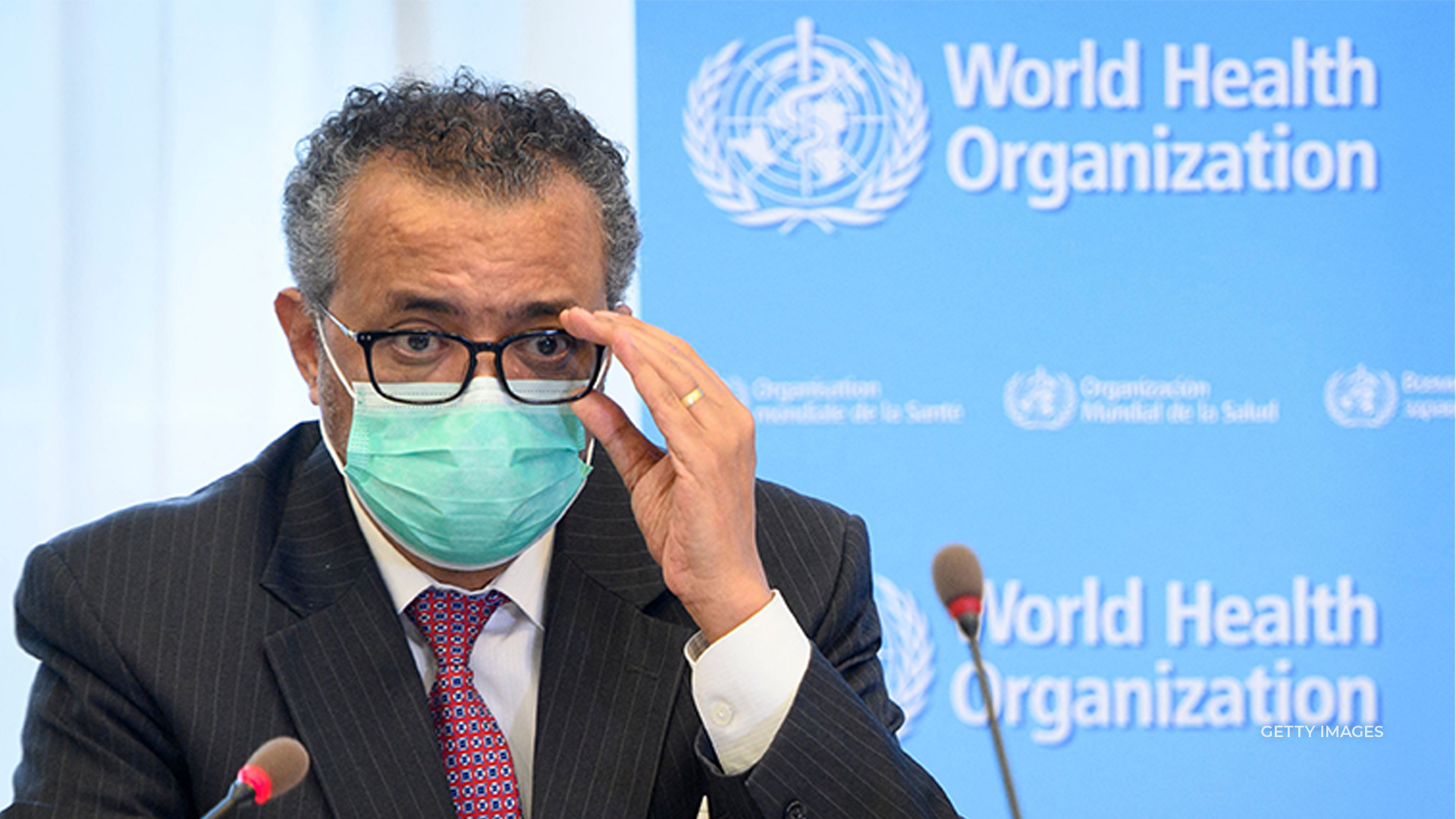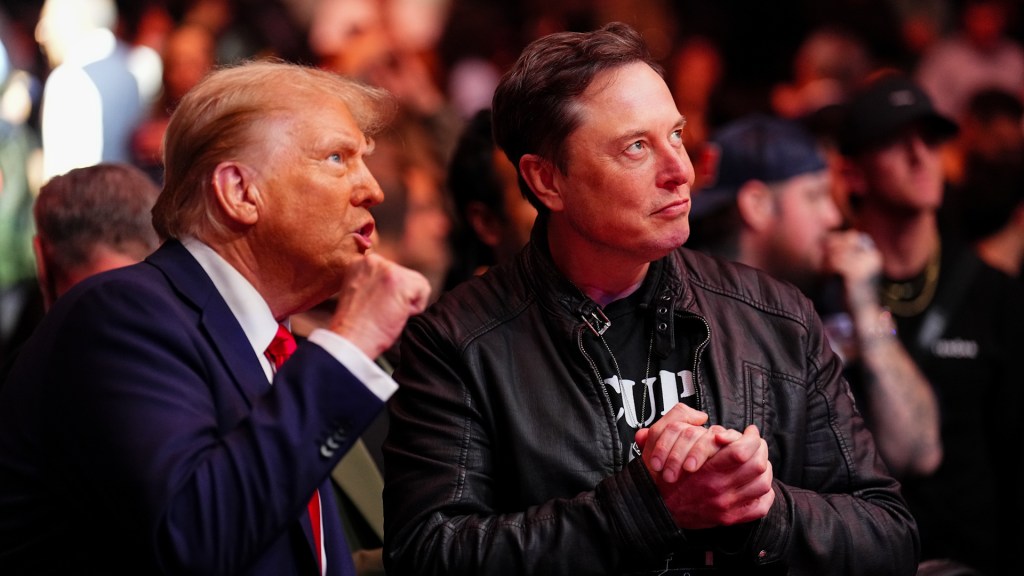
Tedros Adhanom Ghebreyesus, Director-General of WHO: “The global failure to share vaccines, tests and treatments, including oxygen, is fueling a two-track pandemic. The haves are opening up while the have-nots are locking down. This is not just a moral outrage. It’s also epidemiologically and economically self-defeating. The longer this discrepancy persists, the longer the pandemic will drag on, and so will the social and economic turmoil it brings. As Japan and many of its neighbours know well, vaccines are not the only effective tool. Many countries have proven and are proving that this virus can be controlled with the right combination of public health and social measures if they’re applied in a careful and consistent way. I mean proven public health tools like rational testing, rigorous contact tracing, supportive quarantine and compassionate care. I mean proven individual measures like avoiding crowds, physical distancing, wearing masks, doing things outdoors as much as possible, opening doors and windows and cleaning hands. Each of these measures can be the difference between life and death in every situation. Going to work, going shopping a small gathering of friends, a conference, a concert and the Olympic Games. In the 125-year history of the modern games, they have been held in the shadow of war, economic crisis and geopolitical turmoil. And you know it. No one knows better than you, but never before have they been organised in the shadow of pandemic. And although COVID-19 might have postponed the games, it has not defeated them. I recognize the plans and precautions and sacrifices that the IOC, the Tokyo Organising Committee, the government and people of Japan, the teams and athletes have taken to make these games as safe as possible. WHO is pleased to have played our part by providing technical advice to the IOC and Japan during your preparations. Over the next two weeks and for the Paralympic Games next month, those plans and precautions will be put to test. It’s my sincerest hope that they succeed not only for the sake of the games themselves and the safety of the athletes, trainers and officials, but as a demonstration of what’s possible with the right plans and the right measures. There is no zero-risk in life. There is only more risk or less risk. And you have done your best. In the words of the Japanese proverb, I will quote (speaks in Japanese) means; knock on a stone bridge before crossing it. Which means that although something might seem safe, it pays to be sure. It pays to be sure. The choices we all make as governments, organizations and individuals either increase risk or decrease risk, but they never eliminate it completely. The mark of success in the coming fortnight is not zero cases and I know that some cases have already been detected. The mark of success is making sure that any cases are identified, isolated, traced and cared for as quickly as possible. And onward transmission is interrupted. That is the mark of success for every country.”










